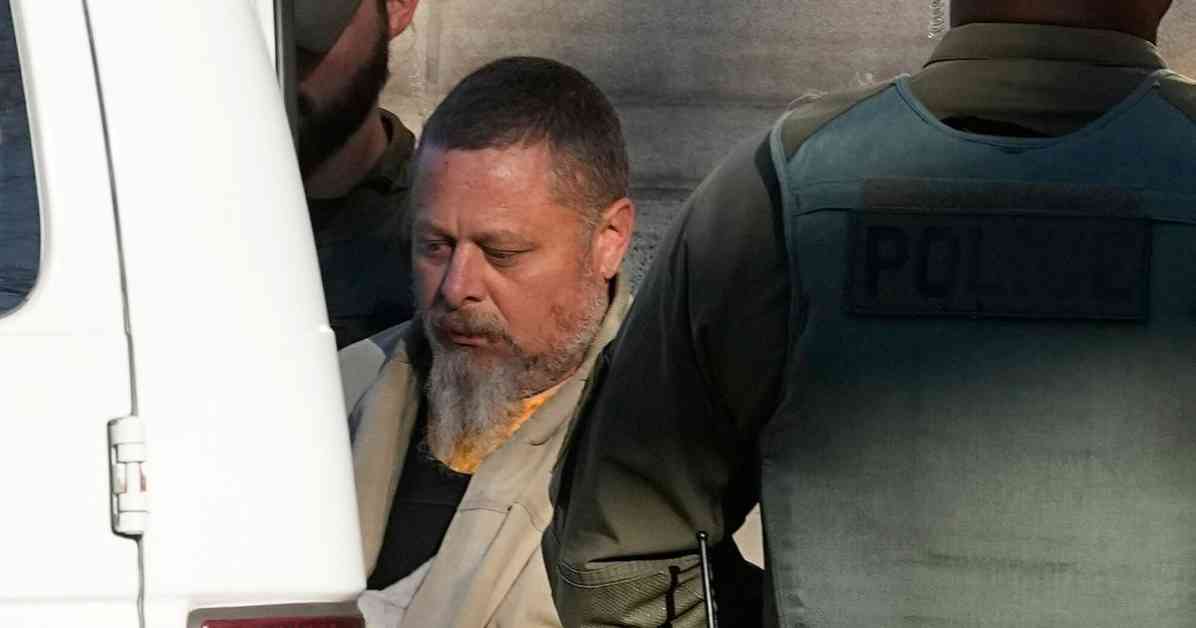In Delphi, Indiana, the trial of a man accused of killing two teenage girls in the small community began with opening statements. The prosecutor, Nicholas McLeland, described the brutal crime scene where 13-year-old Abigail Williams and 14-year-old Liberty German were found with their throats cut in a wooded area near the Monon High Bridge Trail in Carroll County.
The defendant, Richard Allen, a 52-year-old pharmacy employee who lived in Delphi, is facing two counts of murder and two additional murder counts while committing or attempting to commit kidnapping. If convicted, he could be sentenced to up to 130 years in prison. The prosecution plans to use incriminating statements made by Allen as evidence against him.
On the other hand, the defense attorney, Andrew Baldwin, raised doubts about the case and pointed out inconsistencies, such as questions about hair evidence and the possibility that the girls may have gotten into a vehicle at some point. The trial has attracted significant attention from true-crime enthusiasts due to its mysterious nature and the long delays in the legal proceedings.
The case took a significant turn when investigators found that Allen had been interviewed in 2017 and had provided conflicting statements about his whereabouts on the day the girls went missing. Furthermore, a .40-caliber pistol seized from Allen’s home was linked to an unspent bullet found near the bodies of the victims.
Prosecutors also revealed that there is evidence, including recordings of conversations, suggesting that Allen confessed to the killings. However, the defense team has attempted to introduce a theory that the girls were victims of a ritual sacrifice by a pagan Norse religion and white nationalist group known as the Odinists.
The trial, which is expected to last for a month, has been closely monitored, with jurors sequestered and restrictions on their communication and access to outside information. The judge has imposed a gag order on the case, preventing news media from reporting directly from the courtroom.
As the trial progresses, the community of Delphi and the families of the victims are seeking closure and justice for Abby and Libby. The case serves as a reminder of the importance of thorough investigations and the pursuit of truth in the face of tragedy.























